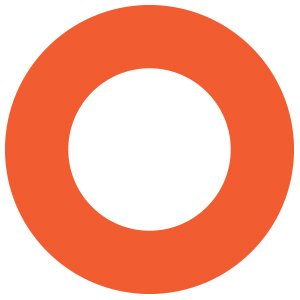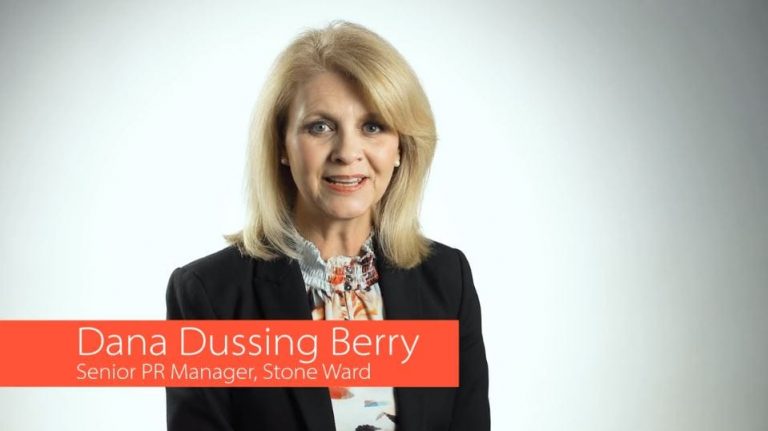It’s undeniable that the digital marketing landscape has had a complete overhaul in the last 20 years. There are more ways to market your business now than ever before — television, social media, online banner ads, print ads, paid search, Hulu, Pandora and the list goes on. The question, then, is what are the right marketing channels for your business? I think for a lot of businesses, paid search can make a lot of sense.
But first, a story.
When I was three years old, my parents opened a small plumbing company in the small town of Jacksonville, Arkansas, which is about 20 minutes north of Little Rock. Those of you who grew up in an entrepreneurial family can describe those dinner conversations about leads, customers, bids, jobs, and yes, marketing. You also know that spring break and summer vacation were not for relaxing. While other kids were sharpening their Donkey Kong skills, I became a master at running a backhoe.

Shortly after opening their doors, my folks decided to take a big risk. They bought a full-page ad in the local Yellow Pages. They were literally the only business in town that did this across any industry!
I remember them telling me about the day that the Yellow Pages started arriving on people’s doorsteps. They went from checking their phone to making sure it was plugged in (“Is this thing even working?”) to having more phone calls (and more business) than they knew what to do with.
They owned their business for 14 years before eventually selling and moving on to other, less stressful forms of employment. For as long as they owned their business, the most consistent source of leads came from those Yellow Page ads.
My, how the times, they have a-changed.
I recently sat down with my dad to ask him why he thought that advertising in the Yellow Pages was so successful. His answer: Because in the exact moment when people needed a plumber, his business was the most visible. He was able to advertise to the right people at the right time with the right message and it paid off for them.
Unfortunately, Yellow Page advertising is SO 1990. When people look for a service, whether it’s a restaurant, a hospital, a diamond ring or even a plumber, they turn to search engines to find what they’re looking for.
Paid Search: The Yellow Pages of this Generation?
I’ve become something of a paid search geek in the last couple of years. I love it because it’s different than most mediums where you are trying to reach customers as they’re trying to do something else — browsing Facebook, watching TV, listening to Pandora, etc. Paid search is simply about providing an answer when someone asks a question.
Here’s an exercise. Read the next few search queries and think about the qualities of the person that might be typing them. Then think about the qualities of the company that they might be looking for.
“Grocery stores near me”
“Cheap phone cases”
“Best internet provider”
How’d you do? While there’s no totally right or wrong answer, here are a couple of thoughts:
The person who is likely to search for “grocery stores near me” is probably ready to make a purchase, and they are likely to go with the path of least resistance unless convinced otherwise.
Similarly, the person who searches for “cheap phone cases” seems more concerned with finding a deal than the quality of the product. They’re not looking for an Otterbox; they’re looking for a generic brand.
On the other hand, someone who searches for “best internet provider” is looking for great service and is probably willing and eager to pay a premium to get it. However, they’re probably still researching what their options are. So, while this is probably a great customer, they’ll make you work for it to prove that you’re the best option.
This is why I love paid search. In just three or four words, you can get a pretty good idea of who someone is, what their priorities are and how close they are to making a purchasing decision. You can also get an idea of who the company is — their products, services and target market — when you understand what search terms they’re buying.
Just like Yellow Page advertising 30 years ago, paid search allows you to reach the right people at the right time with the right message.
How to know if paid search is right for your business?
Paid search is a great way to generate a lot of leads quickly, but it’s also an easy way for an unexperienced marketer to burn through a bunch of money with very few results.
When you can answer yes to all of these questions, you know that you’re ready to give paid search a try.
Can you define your target market? It’s a good idea to create several buyer personas that include age, gender, job title, life experience and family life. Does this person search for the ‘best phone case’ or the ‘cheapest phone case’? Which one lines up closest with your business offerings?
Can you define your sales funnel? In the example above, the person using “best internet provider” probably is still researching their options. Your website should educate this consumer on how to choose a great service provider, whereas the person searching “cheap phone cases” or “sign up for Comcast” will be more likely to make an impulse purchase if you offer them a deal.
Do you have appropriate landing pages? If content is king, context is his queen. When someone clicks on your ad, do they go to a page that reinforces your ad and answers their questions? Or, does it go to a generic page like your home page? Remember, you’re reaching the right audience at the right time with the right message.
Pro tip: One of the factors that determine the cost of paid search is the relevancy of your ads and landing pages. The more closely aligned your ad is to your keywords, and the more closely aligned your landing page is to your ad, the less you will spend.
There you have it! If you can answer yes to all three of those questions, you should probably be considering paid search.







